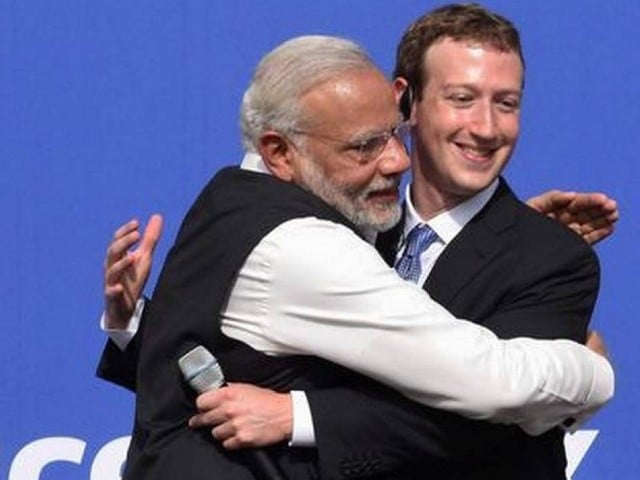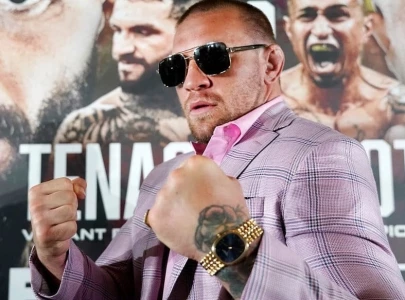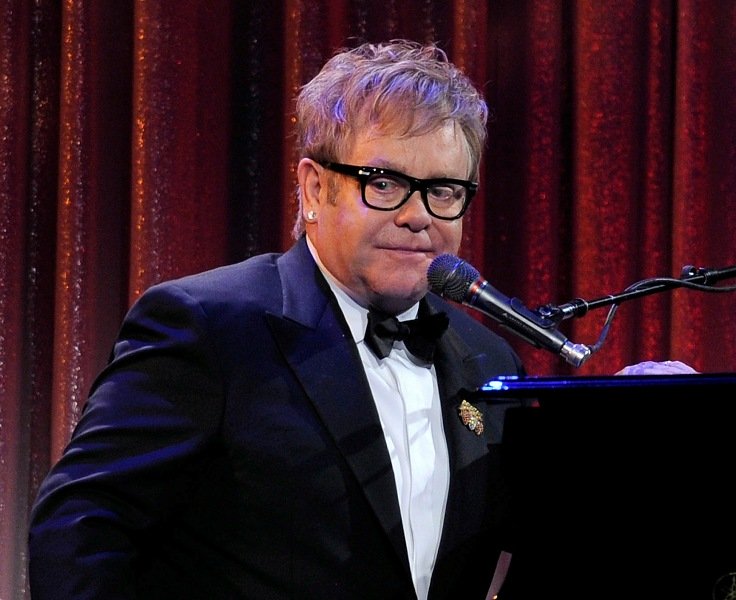
Minister for Information Technology and Telecommunication Aminul Haque on Thursday expressed "serious concern" over Facebook's alleged policies favouring Indian Prime Minister Narendra Modi and his Hindu nationalist Bharatiya Janata Party (BJP) after Wall Street Journal published a report, stating that the social media giant turned blind eye to anti-Muslim posts.
Facebook and its top lobbying executive in India, Ankhi Das, were facing questions internally from employees over how political content is regulated in its biggest market.
The world’s largest social network is battling a public-relations and political crisis after the WSJ report said that Das opposed applying the company’s hate-speech rules to a politician from the Modi’s party who had in posts called Muslims traitors.
The WSJ article said Das had told staff that applying hate-speech rules to politicians close to the ruling BJP “would damage the company’s business prospects in the country”.
A statement issued by the Information Technology Ministry quoted Haque as saying that the company had continuously ignored hate speech and sectarian content shared by BJP leaders and workers.
"Facebook remembers all rules and regulations about publicising Indian atrocities on Kashmiris but when it comes to heavy investments and a majority of employees being Indian in regional offices, the Facebook administration due to financial gains overlooks all moral values and codes to adopt a criminal silence," the IT minister said, adding that a similar policy was observed while treating posts related to Israeli suppression in Palestine.
Haque said a proof of the allegation that Facebook holds a soft corner for the BJP and RSS (Rashtriya Swayamsevak Sangh) was that it had flagged as "hate speech" posts put up by users across the world condemning the Indian government's move to revoke occupied Kashmir's semi-autonomous status on August 5 last year and impose a crippling curfew in the region. "The company also suspended the accounts that shared the posts", he added.
He said Facebook's clarifications were in contradiction to its actions and it would need to take sincere and practical steps to clear its name.
The federal minister asked Facebook to clarify why there was a difference between its policies for users in India and in Pakistan. "If India had 250 million social media users, Pakistan too is emerging as a major market of the digital world and those ignoring its importance will be at a loss."
The social media giant, which did not even spare US President Donald Trump for violating its fake news laws related to Covid-19 information and removed his post earlier this month, is reluctant to take action against the member of India’s ruling party out of business concerns.
Ankhi Das, whose job also includes lobbying India's government on Facebook's behalf, told staff members that punishing violations by politicians from the Modi's party would damage the company’s business prospects in the country, the WSJ report quoted the current and former company officials as saying.
“The current and former Facebook employees said Ms Das’s intervention on behalf of Mr Singh is part of a broader pattern of favouritism by Facebook towards Mr Modi’s Bharatiya Janata Party and Hindu hardliners,” it added.
A company spokesperson told The Wall Street Journal that while Das had raised concerns about the political fallout that would result from designating Singh a “dangerous individual”, her opposition was not the sole factor that determined whether the BJP politician should remain on the platform.
The spokesperson added that Facebook is still considering whether it will ban Singh.



1732259077-0/carti-(1)1732259077-0-165x106.webp)

1732259588-0/BeFunk_§_]__-(27)1732259588-0.jpg)
1732257537-0/Copy-of-Untitled-(64)1732257537-0-270x192.webp)
1726722687-0/Express-Tribune-Web-(9)1726722687-0-270x192.webp)









COMMENTS
Comments are moderated and generally will be posted if they are on-topic and not abusive.
For more information, please see our Comments FAQ